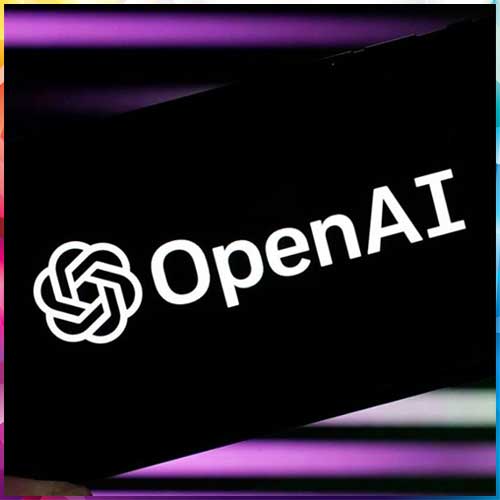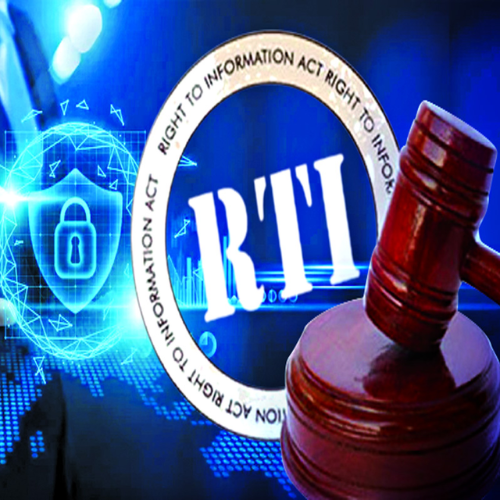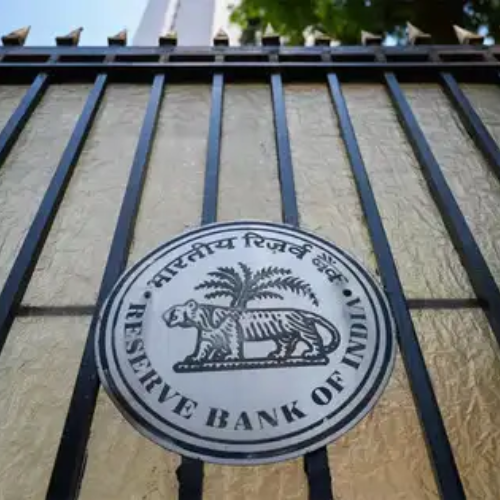Breaking News

Speaking at the Abhay Tripathi Memorial Lecture, IT Secretary S. Krishnan emphasized aligning with global frameworks, including the EU’s risk-based AI regulation.
The Indian government is taking a proactive step toward fostering responsible artificial intelligence (AI) adoption by drafting a voluntary code of conduct for companies using AI, alongside procurement guidelines for the public sector. This initiative reflects the country's growing emphasis on ethical, transparent, and risk-based AI deployment, both in private and public domains.
Speaking at the Abhay Tripathi Memorial Lecture, IT Secretary S. Krishnan outlined the importance of aligning India’s AI governance policies with international standards, including the EU’s risk-based AI regulation framework. These efforts aim to guide AI development in a direction that balances innovation with accountability and safeguards.
The proposed AI code of conduct will serve as a self-regulatory framework for companies, encouraging transparency in data usage, bias mitigation, safety measures, and robust human oversight. On the other hand, the AI procurement guidelines are designed to help government departments responsibly source and implement AI technologies that are fair, secure, and non-discriminatory.
These key developments will be at the heart of discussions during the Global AI Summit, scheduled to be held in New Delhi in February 2026. The summit will bring together policymakers, industry leaders, researchers, and civil society to examine the broader impact of AI across industries, governance, and everyday life. The conference is expected to shape India’s long-term AI strategy, focusing on innovation, inclusion, and international collaboration.
India’s push for a structured yet flexible AI regulatory framework signals its intent to become a global leader in ethical AI development. As more organizations adopt AI tools, such guidelines are crucial to prevent misuse, ensure data privacy, and build public trust in AI applications.
With these moves, India is positioning itself as a responsible digital economy that encourages AI innovation, while keeping societal welfare at the forefront of its technology policies.
Speaking at the Abhay Tripathi Memorial Lecture, IT Secretary S. Krishnan outlined the importance of aligning India’s AI governance policies with international standards, including the EU’s risk-based AI regulation framework. These efforts aim to guide AI development in a direction that balances innovation with accountability and safeguards.
The proposed AI code of conduct will serve as a self-regulatory framework for companies, encouraging transparency in data usage, bias mitigation, safety measures, and robust human oversight. On the other hand, the AI procurement guidelines are designed to help government departments responsibly source and implement AI technologies that are fair, secure, and non-discriminatory.
These key developments will be at the heart of discussions during the Global AI Summit, scheduled to be held in New Delhi in February 2026. The summit will bring together policymakers, industry leaders, researchers, and civil society to examine the broader impact of AI across industries, governance, and everyday life. The conference is expected to shape India’s long-term AI strategy, focusing on innovation, inclusion, and international collaboration.
India’s push for a structured yet flexible AI regulatory framework signals its intent to become a global leader in ethical AI development. As more organizations adopt AI tools, such guidelines are crucial to prevent misuse, ensure data privacy, and build public trust in AI applications.
With these moves, India is positioning itself as a responsible digital economy that encourages AI innovation, while keeping societal welfare at the forefront of its technology policies.
See What’s Next in Tech With the Fast Forward Newsletter
Tweets From @varindiamag
Nothing to see here - yet
When they Tweet, their Tweets will show up here.





























